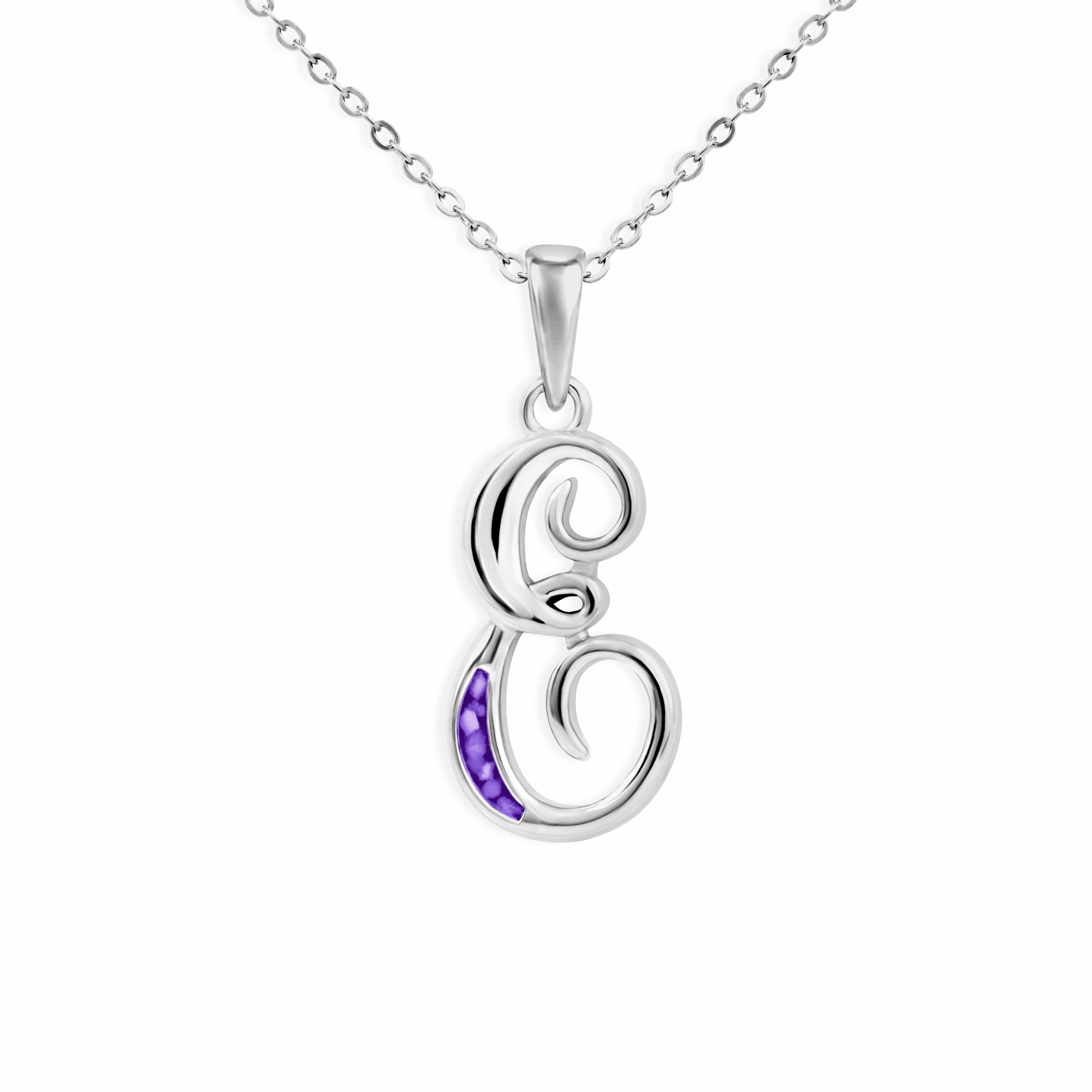Maintaining relationships after a bereavement
Maintaining relationships in our busy lives is hard enough, but after a bereavement this can become an even more daunting prospect. When someone passes away, people tend to form a bond with those around them as they are all navigating their way through this new loss; people are often more present when someone initially passes away. However, when the loss is no longer ‘new,’ or it is a few months old, everyone generally has to find their own normality again and resume day-to-day life. In doing so, quite often people drift apart after a bereavement, through no fault of their own. Being the one to maintain a relationship can be exhausting, but we have collected together a few tips that might help you to keep in touch with people and help to maintain your relationships after a bereavement.
Take it one month at a time
Often after a bereavement, making plans can be a really stressful ordeal, especially if you’re now making them without someone. Our best advice for this is to take it one month at a time and plan for monthly meetups. These meetups don’t need to be anything fancy; they can simply be a catch up over a coffee or a bite to eat.

Use technology and social media to your advantage
Although, for some, the idea of using technology and social media to keep in touch with people might feel like cheating, it really isn’t. Keeping in touch via social media is the easiest and quickest way to let someone know you’re thinking of them. After all, you might not be feeling up to long conversations in person right away, so social media and technology will help you to maintain relationships, without putting too much strain on you.

Plan ahead for anniversaries
If you know that an anniversary (birthday, wedding, death) is going to be particularly difficult, planning ahead for them might help you. We have learnt that avoidance very rarely works, planning for these days and not allowing them to take control at the last minute is so important. Reaching out to friends and family prior to these big days will help you to feel less isolated and lonely; you do not have to deal with these significant dates alone.

Make lists
When someone passes away, we can often feel isolated and lonely; it can feel as though we are completely alone on this new grief journey. Sometimes, during the early stages of grief, we might forget about the loved ones we still how. This might sound silly, but making lists of people we want to keep in touch with can really help; especially right after the initial shock of losing someone. Grief can affect our brains differently, but many people say they become forgetful; therefore, making lists will help during these unclear times and help you to avoid any guilt about forgetting someone.

Above all else, remember to be kind to yourself. If you have just experienced a bereavement, you’re already having to navigate life in a completely different way; the last thing you need is any more added pressure. Don’t try to do everything at once, but take time to adjust. This new journey in your life is going to be a difficult one, but there is always support available to you, if you need it. You can head to the NHS website to find the right support for you.
By Rebecca Thomas









